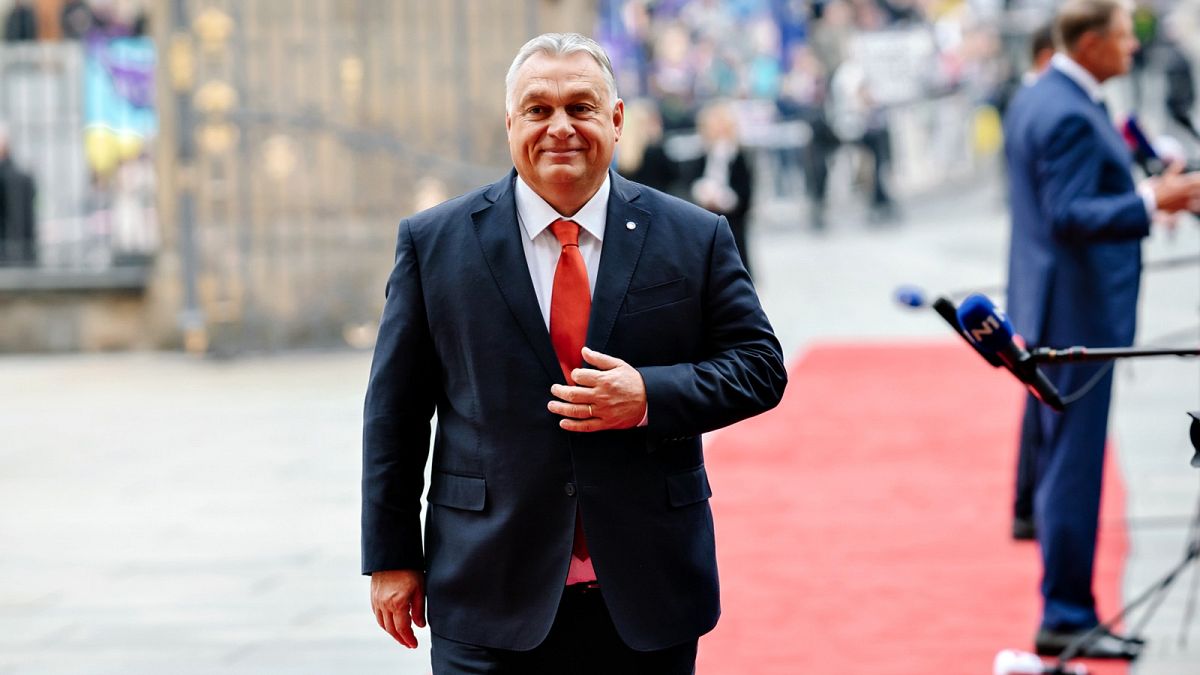The European Commission is preparing to adopt next month a decision that could unblock up to €10 billion in cohesion funds for Hungary, which has been denied the cash over persistent rule-of-law concerns.
The move comes after Hungary approved in early May a reform to strengthen judicial independence and curtail political influence over the courts, in line with the "super milestones" that the Commission had imposed last year in the area of judiciary.
The "super milestones" are a series of policy and legislative objectives that Hungary must fulfill to secure the release of €21.7 billion in frozen cohesion funds and access its recovery and resilience plan, which is worth €10.4 billion in grants and low-interest loans.
In total, Hungary needs to meet 27 "super milestones," as well as four "horizontal enabling conditions," which, in some cases, overlap with each other.
The judicial overhaul approved in May is considered satisfactory enough to unblock up to €10 billion of the blocked cohesion funds, even if some outstanding details still need to be fine-tuned, according to EU officials who spoke on condition of anonymity due to the sensitivity of the matter.
An extra €500 million could be on the table, although the definite amount is not yet final.
"We have come a long way," said an EU official. "We have seen important reforms and these are contributing to strengthening judicial independence in Hungary. But we need to monitor the effect of these reforms on the ground."
The Commission is expected to take the decision on the €10 billion, which would not require the green light from member states, sometime before 15 December, almost one year after the original resolution to halt payments.
This would leave €11.7 billion of cohesion funds firmly blocked, including the €6.3 billion that were frozen as part of the so-called "conditionality mechanism" over concerns related to public procurement and conflict of interests.
The rest of the money pertains to thematic areas such as the right to academic freedom (€2 billion) and the protection of LGBTQ+ rights (€600 million), among others.
Hungary is nowhere near to accessing this pot of cash as it "has not put in place the necessary arrangements," said an EU official.
No upcoming decision on the €10.4-billion recovery plan is expected either, besides the €920 million that is due to be released over the coming 12 months to kick-start energy projects.
Hungarian Prime Minister Viktor Orbán, who has antagonised his fellow EU leaders with his extensive use of his veto power, has denounced the year-long impasse as "financial blackmail."
"Of course, the few euros they owe us will be collected," he said in a speech this month.
The Commission's decision will arrive amid a politically charged atmosphere: EU leaders are set to gather in Brussels on the 14 and 15 of December to discuss opening accession talks with Ukraine and providing further financial assistance to the war-torn nation, both of which Orbán has threatened to veto.
